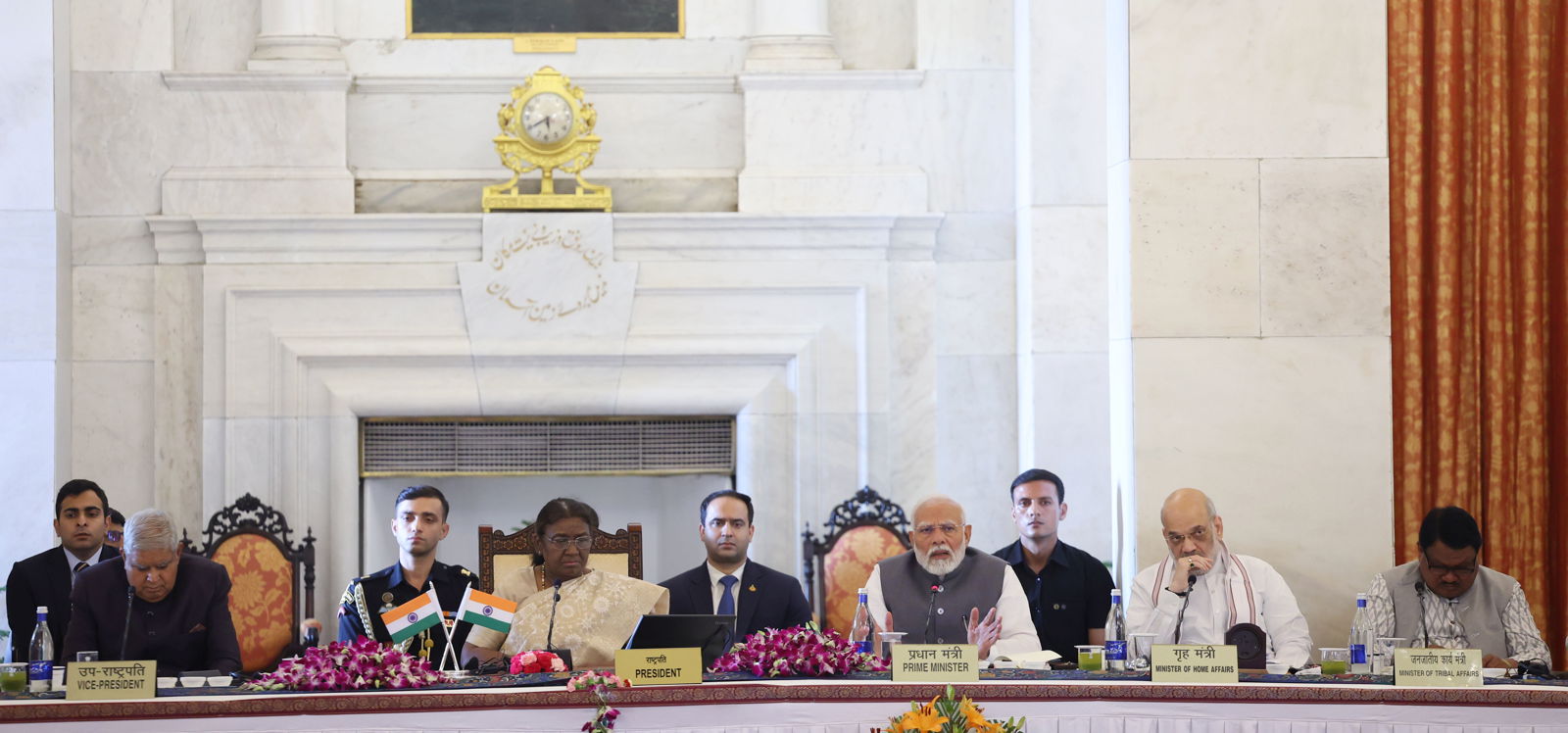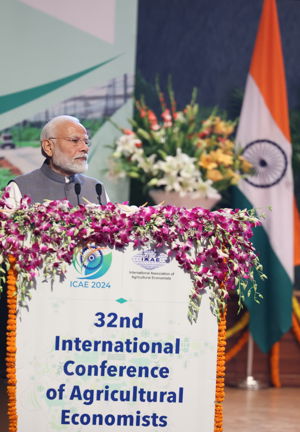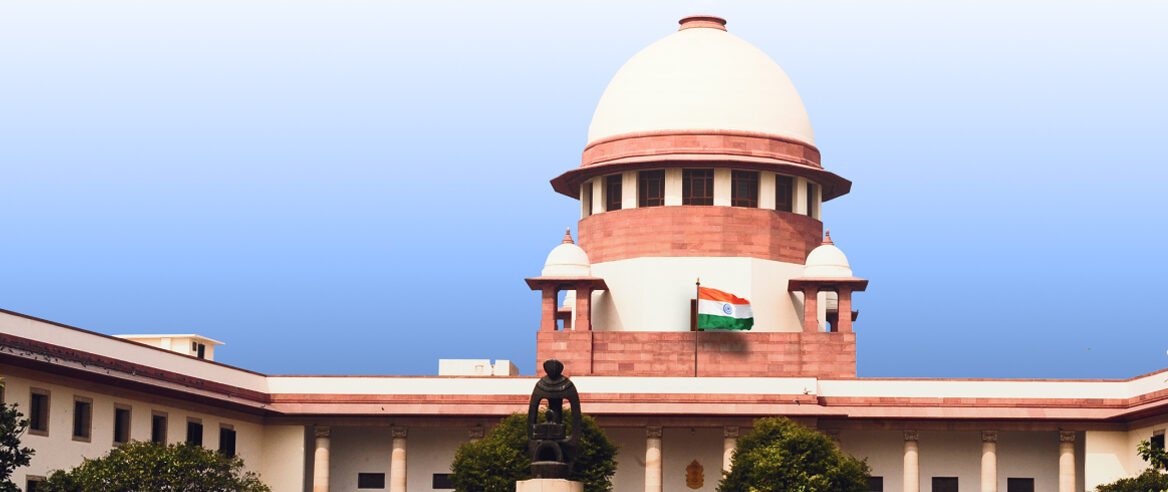
In a landmark development in India’s legal landscape, the Bharatiya Nyaya Sanhita has emerged as a transformative legislation poised to redefine justice delivery across the nation. Enacted with the aim of modernizing and streamlining the judicial process, this law represents a significant step forward in India’s journey towards a more efficient and equitable legal system.
Origins and Objectives
The Bharatiya Nyaya Sanhita, which translates to the Indian penal Code, was conceptualized to address longstanding challenges in India’s judiciary. Drawing from extensive consultations with legal experts, policymakers, and stakeholders, the law aims to enhance access to justice, expedite case resolution, and ensure fair trials for all citizens. It builds upon the foundational principles of transparency, accountability, and inclusivity, reflecting a commitment to upholding the rule of law in a rapidly evolving society.
Key Provisions
Central to the Bharatiya Nyaya Sanhita is its emphasis on leveraging technology to improve judicial efficiency. The law mandates the establishment of digital courts equipped with state-of-the-art infrastructure for electronic filing, case management, and virtual hearings. This digital transformation not only reduces procedural delays but also enhances transparency by providing real-time access to case information for litigants and stakeholders.
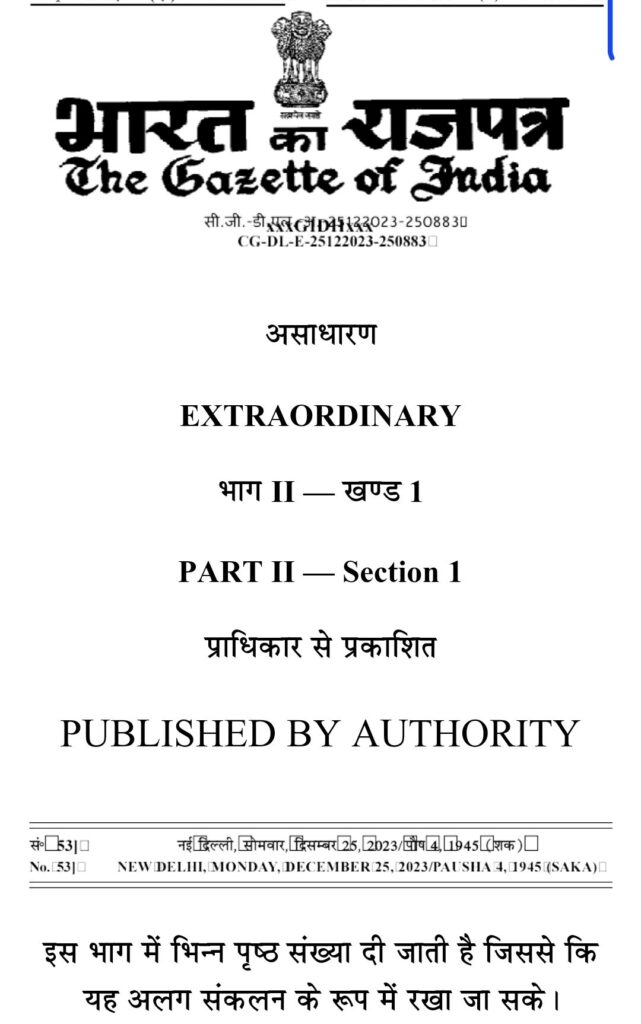
Moreover, the legislation introduces innovative mechanisms for alternative dispute resolution (ADR), promoting faster resolution of civil disputes through mediation and arbitration. By encouraging parties to seek amicable solutions outside traditional courtroom settings, the Bharatiya Nyaya Sanhita aims to alleviate the burden on judicial resources while empowering individuals to participate actively in the resolution of their legal conflicts.
Impact on Legal Professionals and Citizens
For legal professionals, the implementation of the Bharatiya Nyaya Sanhita marks a paradigm shift towards a more dynamic and responsive legal practice. Lawyers and judges alike are adapting to the new procedural norms and digital tools introduced by the law, enhancing their ability to deliver timely and effective justice to litigants.
Citizens, on the other hand, stand to benefit significantly from the streamlined processes and enhanced accessibility offered by the Bharatiya Nyaya Sanhita. The law promises reduced waiting times for trials, simplified procedures for evidence submission, and greater clarity in legal proceedings, thereby fostering public trust in the judicial system.
Challenges and Future Outlook
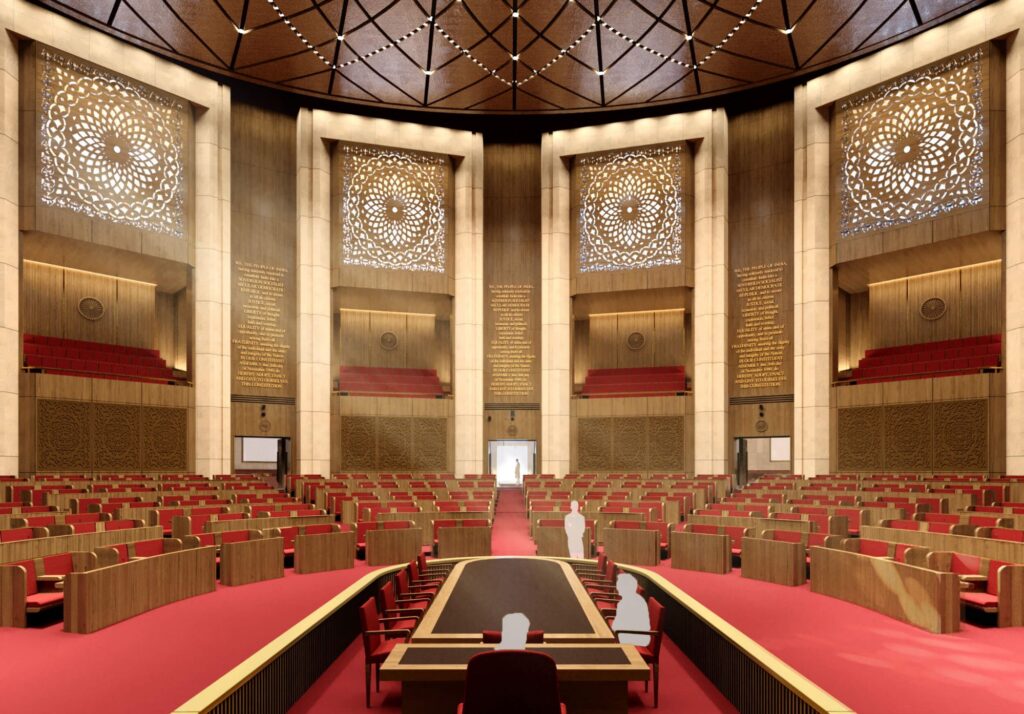
While the Bharatiya Nyaya Sanhita represents a monumental leap forward in India’s legal framework, its successful implementation hinges on overcoming several challenges. Issues such as infrastructure readiness, digital literacy among stakeholders, and the need for continuous training of judicial personnel pose significant hurdles that must be addressed to realize the full potential of the law.
Looking ahead, the Bharatiya Nyaya Sanhita holds the promise of not only enhancing judicial efficiency but also strengthening the foundations of democracy and governance in India. As the legal community continues to adapt and innovate in response to evolving societal needs, the impact of this transformative legislation is expected to resonate across generations, shaping the future trajectory of justice and equity in the world’s largest democracy.
In conclusion, the Bharatiya Nyaya Sanhita stands as a testament to India’s commitment to fostering a fair and accessible legal system that serves the interests of all its citizens. With its visionary approach and comprehensive reforms, this new legal framework heralds a brighter future for justice administration in India, paving the way for a more just and equitable society.
-
Breaking Barriers: Delhi High Court Affirms Gender-Neutral Application of POCSO Act
Sundari Gautam vs. State Government of Delhi CRL.REV.P. 852/2024 In a landmark ruling, the Delhi High…
-
The Bharatiya Nyaya Sanhita: The new Penal Code of India
In a landmark development in India’s legal landscape, the Bharatiya Nyaya Sanhita has emerged as a…
-
Prime Minister Narendra Modi attends ‘Conference of Governors’: A Vision for Cooperation
New Delhi: In a high-profile event that underscores the evolving dynamics of India’s federal governance, Prime…
-
Prime Minister Narendra Modi inaugurates 32nd international conference of agriculture Economists
New Delhi : On 3rd August, Prime Minister Narendra Modi inaugurated the 32 nd International Conference…
-
India’s Astronauts Set Their Sights on the Stars: Training at NASA for the ISS
New Delhi: In a groundbreaking move that underscores India’s growing prominence in space exploration, two of…
-
Oppo Reno 12: A Stylish Blend of Innovation and Performance
http://Oppo Reno 12: A Stylish Blend of Innovation and Performance In the ever-evolving landscape of…
-
Breaking Barriers: Delhi High Court Affirms Gender-Neutral Application of POCSO Act
Sundari Gautam vs. State Government of Delhi CRL.REV.P. 852/2024 In a landmark ruling, the Delhi High…
-
The Bharatiya Nyaya Sanhita: The new Penal Code of India
In a landmark development in India’s legal landscape, the Bharatiya Nyaya Sanhita has emerged as a…


